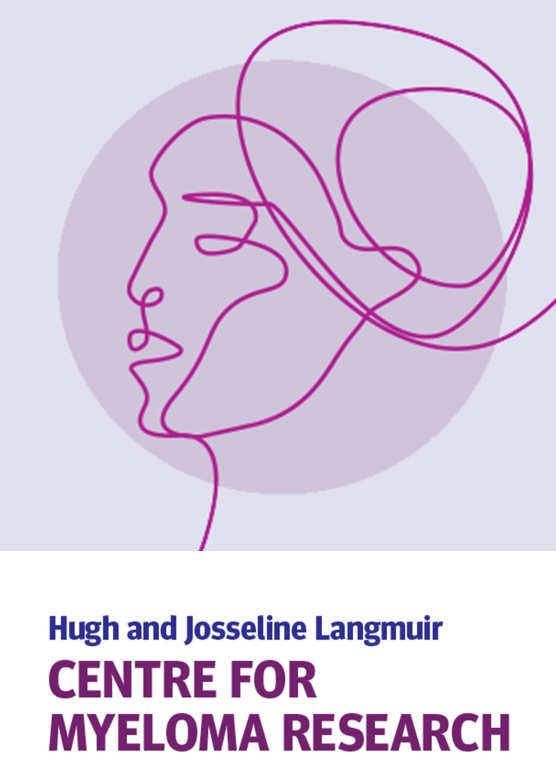BibTex format
@article{Bringhen:2019:10.1111/joim.12882,
author = {Bringhen, S and Milan, A and D'Agostino, M and Ferri, C and Wäsch, R and Gay, F and Larocca, A and Offidani, M and Zweegman, S and Terpos, E and Goldschmidt, H and Cavo, M and Ludwig, H and Driessen, C and Auner, H and Caers, J and Gramatzki, M and Dimopoulos, MA and Boccadoro, M and Einsele, H and Sonneveld, P and Engelhardt, M},
doi = {10.1111/joim.12882},
journal = {Journal of Internal Medicine},
pages = {63--74},
title = {Prevention, monitoring and treatment of cardiovascular adverse events in myeloma patients receiving carfilzomib - A Consensus Paper by the European Myeloma Network and the Italian Society of Arterial Hypertension},
url = {http://dx.doi.org/10.1111/joim.12882},
volume = {286},
year = {2019}
}
RIS format (EndNote, RefMan)
TY - JOUR
AB - The novel proteasome inhibitor carfilzomib alone or in combination with other agents is already one of the standard therapies in relapsed and/or refractory multiple myeloma (MM) patients and produces impressive response rates in newly diagnosed MM as well. However, carfilzomib-related cardiovascular adverse events (CVAEs) - including hypertension (all grades: 12.2%; grade ≥3: 4.3%), heart failure (all grades: 4.1%; grade ≥3: 2.5%) and ischemic heart disease (all grades: 1.8%; grade ≥3: 0.8%) - may lead to treatment suspensions. At present, there are neither prospective studies nor expert consensus on the prevention, monitoring and treatment of CVAEs in myeloma patients treated with carfilzomib. An expert panel of the European Myeloma Network in collaboration with the Italian Society of Arterial Hypertension and with the endorsement of the European Hematology Association aimed to provide recommendations to support health professionals in selecting the best management strategies for patients, considering the impact on outcome, the risk-benefit ratio of diagnostic and therapeutic tools and thereby to achieve myeloma response with novel combination approaches, while preventing CVAEs. Patients scheduled to receive carfilzomib need a careful cardiovascular evaluation before treatment and an accurate follow-up during treatment. A detailed clinical assessment before starting carfilzomib treatment is essential to identify patients at risk for CVAEs, and accurate monitoring of blood pressure and of early signs and symptoms suggestive of cardiac dysfunction remains pivotal to safely administer carfilzomib without treatment interruptions or dose reductions. This article is protected by copyright. All rights reserved.
AU - Bringhen,S
AU - Milan,A
AU - D'Agostino,M
AU - Ferri,C
AU - Wäsch,R
AU - Gay,F
AU - Larocca,A
AU - Offidani,M
AU - Zweegman,S
AU - Terpos,E
AU - Goldschmidt,H
AU - Cavo,M
AU - Ludwig,H
AU - Driessen,C
AU - Auner,H
AU - Caers,J
AU - Gramatzki,M
AU - Dimopoulos,MA
AU - Boccadoro,M
AU - Einsele,H
AU - Sonneveld,P
AU - Engelhardt,M
DO - 10.1111/joim.12882
EP - 74
PY - 2019///
SN - 0954-6820
SP - 63
TI - Prevention, monitoring and treatment of cardiovascular adverse events in myeloma patients receiving carfilzomib - A Consensus Paper by the European Myeloma Network and the Italian Society of Arterial Hypertension
T2 - Journal of Internal Medicine
UR - http://dx.doi.org/10.1111/joim.12882
UR - https://www.ncbi.nlm.nih.gov/pubmed/30725503
UR - https://onlinelibrary.wiley.com/doi/full/10.1111/joim.12882
UR - http://hdl.handle.net/10044/1/67497
VL - 286
ER -

